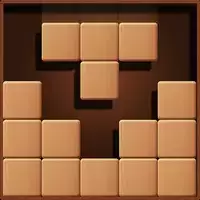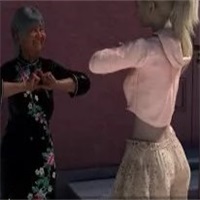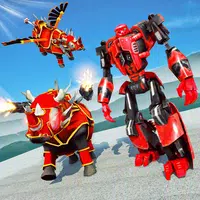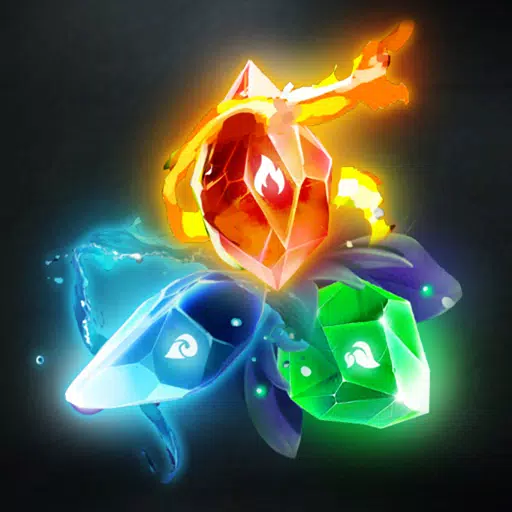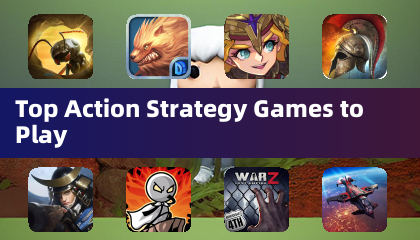Hideo Kojima's Japanese radio podcast, KOJI10, offers a fascinating glimpse into the mind behind iconic games like Metal Gear Solid and Death Stranding. In the latest episode (Episode 17), Kojima delves into the innovative use of real-life time passage in video games. He not only reflects on time-related mechanics he has previously implemented but also shares untapped concepts, including an idea that was cut from the upcoming Death Stranding 2: On The Beach.
Kojima is well-known for integrating gameplay mechanics that utilize the internal clock of consoles or PCs. He begins by citing two examples from 2004's Metal Gear Solid 3: Snake Eater on the PS2. To enhance the realism of jungle survival, the fresh food you collect would spoil after a few days in real life. Consuming spoiled food could make Snake violently ill, or you could repurpose it as a weapon by throwing it at unsuspecting enemy soldiers.
Death Stranding 2 Cast
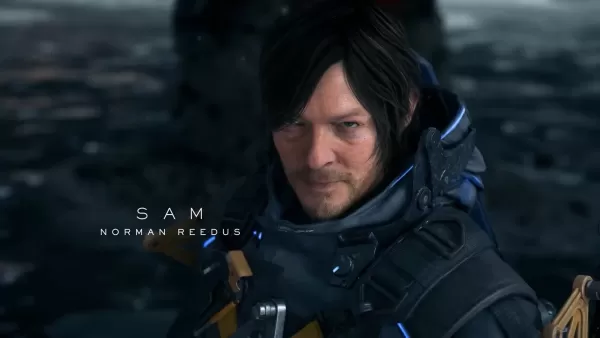
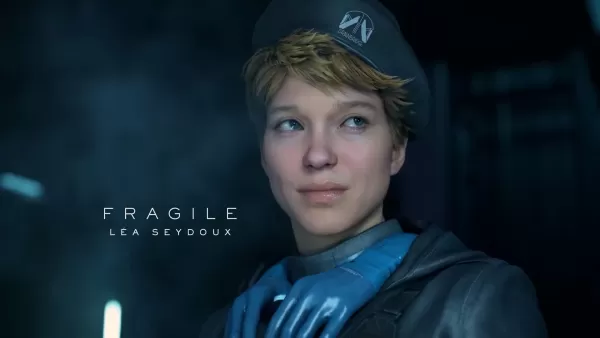 View 14 Images
View 14 Images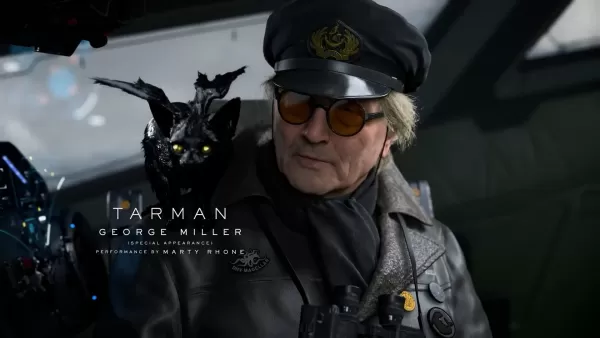
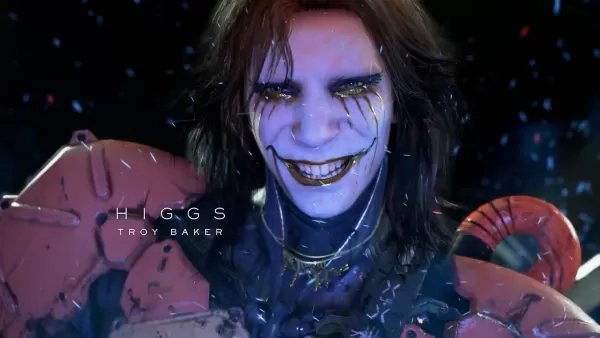
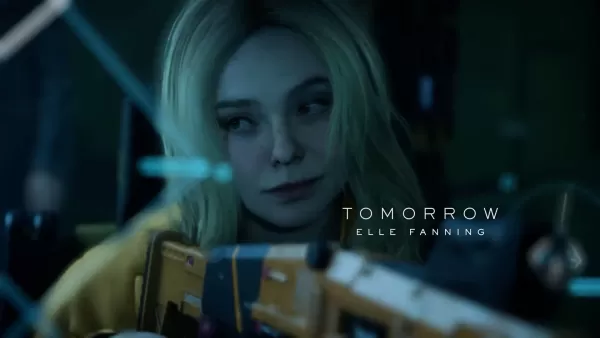
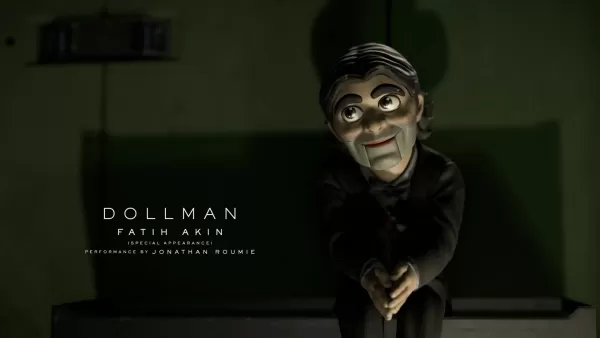
Another example from MGS3 involves the system clock in the cat-and-mouse boss battle against the elderly sniper, The End. "Although he is a really tough boss, if the player waits a week, The End will die of old age," Kojima recalls. Indeed, if players load their in-battle save at least one week later, they are treated to a cutscene where Snake discovers The End's demise.
Kojima also shared an intriguing concept that was initially planned for Death Stranding 2. "I’ve thought about having characters’ hair grow in games," he reveals. "Originally in Death Stranding 2, I was going to have Sam’s beard gradually grow out over time, and the player would have to shave it. If they didn’t, Sam would end up looking unkempt," he explains. However, due to Norman Reedus's star status, Kojima decided against making him look uncool. Despite this, he hints that such a mechanic might find its way into a future game.
Kojima also proposed three game concepts centered around real-life time passage. The first is a life simulation game where the player starts as a child and ages into an adult over time. "It starts out with the player being born, you’re a child and then gradually over time you become an adult. In the game, you fight various enemies. Like with the previous example (MGS3’s The End), if you keep playing the game, you will become a 70 or 80 year old man. However, at this age you will be weaker, your eyesight will worsen. When you are a teenager you’ll be able to run faster but by the time you reach 60 you’ll slow down a bit," Kojima explains. This aging process would influence gameplay strategy, with younger characters having better physical abilities and older ones possessing more knowledge and experience. "But no-one would buy it!" Kojima humorously adds, though his podcast co-hosts expressed enthusiasm for such a "Kojima-like game."
Another concept involves a game where players create something that matures over time, like wine or cheese, requiring long-term engagement and suitable for a background or idle game.
On the other hand, Kojima proposes a "forgetting game" that players must complete quickly. In this concept, the main character gradually forgets crucial information and abilities if the player takes too long a break. For instance, if you don't play daily, the character might forget how to use their gun or their job role. This forgetfulness accumulates until the player can no longer move. "Players would have to take a week off work or school to play it," Kojima laughs.
As fans eagerly await the release of Death Stranding 2 on June 26, many will likely take time off to immerse themselves in Kojima's latest creation. For more insights into the upcoming game, check out our interview with Kojima and our impressions after playing through the first 30 hours.


